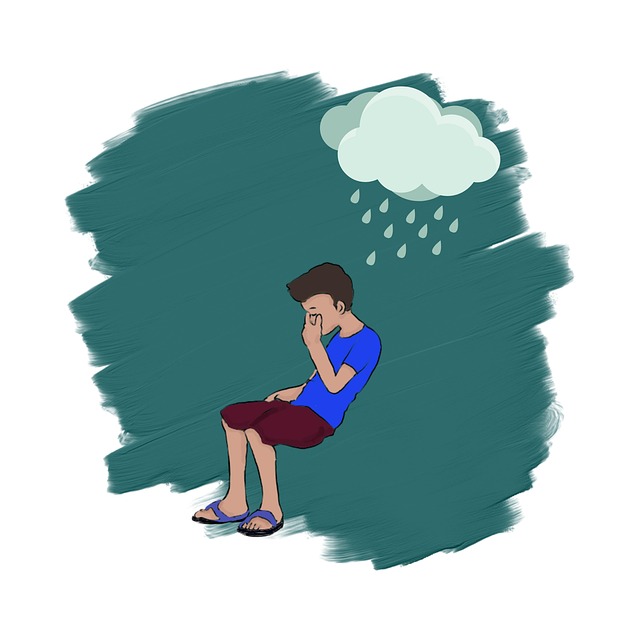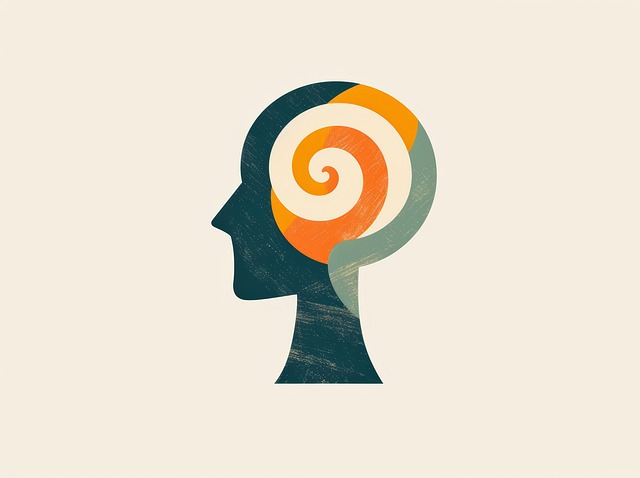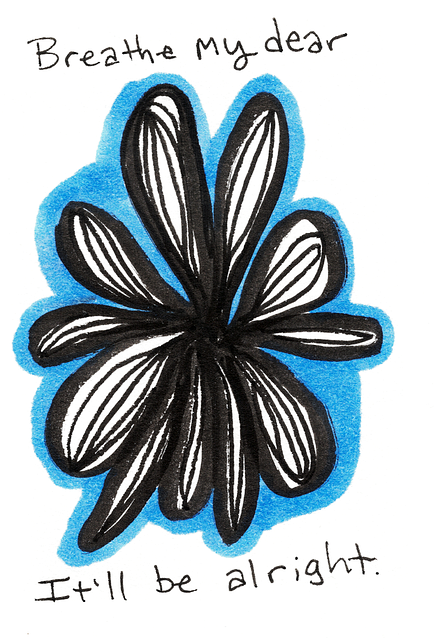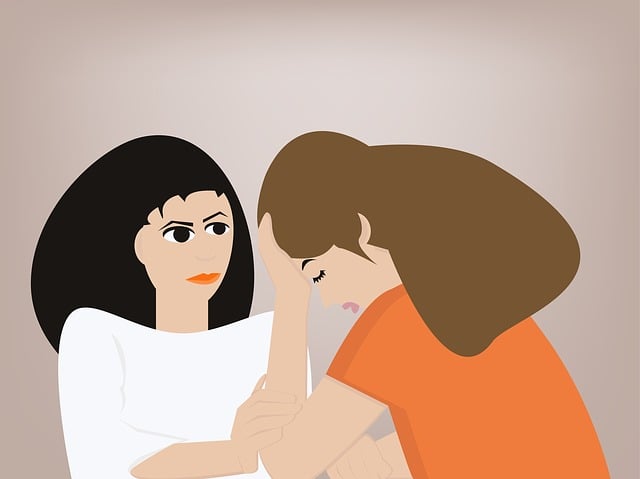Self-care is a powerful tool for managing stress, improving mental well-being, and mitigating burnout risk, especially in high-pressure environments like healthcare or among individuals with Parker Post-Traumatic Stress Disorder (PTSD). Incorporating structured routines, physical activity, mindfulness, setting boundaries, and engaging in relaxing hobbies can complement therapeutic interventions like Parker PTSD Therapy. Overcoming barriers to self-care is crucial for managing PTSD symptoms, as it combines stress reduction methods with consistent therapy to help individuals rebuild their sense of safety and adopt robust self-care practices for improved mood management.
Self-care is an essential aspect of maintaining good mental health, and its impact on overall well-being cannot be overstated. This article explores effective strategies for enhancing self-care practices, focusing on techniques that can significantly improve mental health. We delve into the benefits, providing insights into how to overcome barriers and sustain healthy routines, even with conditions like Parker Post-Traumatic Stress Disorder (PTSD) Therapy. By understanding self-care, you’ll gain tools to thrive.
- Understanding Self-Care and its Impact on Mental Health
- Strategies for Incorporating Effective Self-Care Practices
- Overcoming Barriers and Sustaining a Healthy Routine with Parker Post-Traumatic Stress Disorder (PTSD) Therapy
Understanding Self-Care and its Impact on Mental Health

Self-care is a vital aspect of maintaining and improving mental health, serving as an essential tool in mitigating stress and fostering well-being. It involves intentional activities that nurture both the mind and body, allowing individuals to recharge and maintain balance in their lives. When incorporated into daily routines, self-care practices can significantly reduce the risk of burnout, a common concern among healthcare providers who often face high-stress environments like those experienced during the COVID-19 pandemic or while managing conditions such as Parker Post-Traumatic Stress Disorder (PTSD) through therapy.
Beyond its role in prevention, self-care enhances emotional intelligence by promoting awareness and understanding of one’s feelings and triggers. This heightened emotional consciousness enables individuals to better navigate challenging situations, leading to improved coping mechanisms. Additionally, engaging in self-nurturing activities can act as a preventive measure against the onset or exacerbation of mental health issues, including PTSD symptoms, thus complementing therapeutic interventions like those offered through Community Outreach Programs.
Strategies for Incorporating Effective Self-Care Practices

Incorporating effective self-care practices is essential for overall well-being, especially in managing conditions like Post-Traumatic Stress Disorder (PTSD), where proper care can significantly enhance recovery. One powerful approach is to integrate structured routines into daily life. This includes dedicated time for physical activity, mindfulness exercises, and hobbies that foster relaxation. For instance, engaging in regular yoga or meditation sessions can help reduce stress levels and improve mental clarity, as supported by various studies on conflict resolution techniques.
Additionally, setting boundaries and learning effective communication skills are vital. Healthcare providers, in particular, often face burnout prevention strategies challenges due to demanding work environments. Practicing assertiveness and prioritizing self-time through activities like journaling or spending time in nature can help manage stress. Cultivating positive thinking by reframing challenges as opportunities also strengthens resilience, fostering a healthier mindset that complements evidence-based therapies like Parker Post-Traumatic Stress Disorder Therapy.
Overcoming Barriers and Sustaining a Healthy Routine with Parker Post-Traumatic Stress Disorder (PTSD) Therapy

Overcoming barriers to self-care is a significant step in managing and recovering from Parker Post-Traumatic Stress Disorder (PTSD). Many individuals struggle to maintain healthy routines due to the inherent challenges of PTSD, such as flashbacks, nightmares, and heightened anxiety. These symptoms can make even basic tasks overwhelming and disrupt daily life. However, with the right support, it becomes possible to develop effective coping strategies. Parker PTSD therapy offers specialized approaches tailored to address these unique barriers.
One crucial aspect is ensuring ongoing mental health support through regular sessions with a healthcare provider culturally competent in PTSD treatment. This training enables professionals to offer empathetic care, understand cultural nuances, and provide evidence-based therapies like cognitive processing therapy or eye movement desensitization and reprocessing (EMDR). By combining these stress reduction methods with consistent therapy, individuals can gradually rebuild their sense of safety and develop robust self-care practices, fostering better mood management and overall well-being.
Self-care is not just a trend, but a vital practice for maintaining mental well-being. As demonstrated by Parker Post-Traumatic Stress Disorder (PTSD) therapy, integrating self-care into daily routines can significantly enhance resilience and overall health. By understanding the impact of self-care on mental health and adopting effective strategies, individuals can overcome barriers and sustain healthy habits, leading to a more balanced and fulfilling life.














